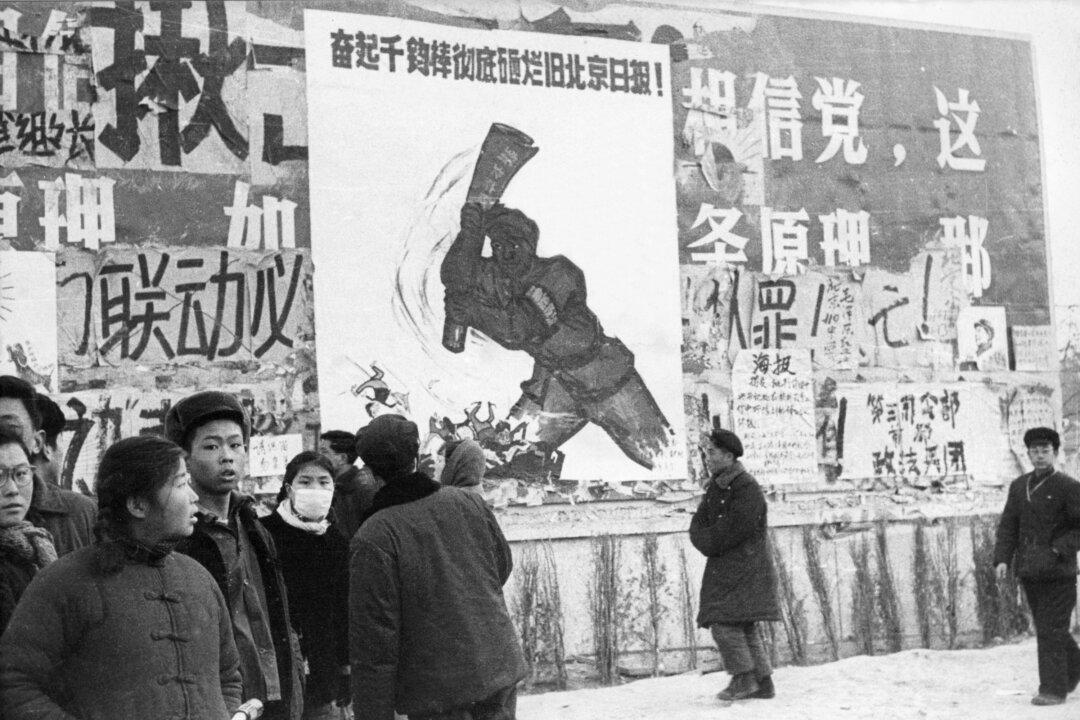A Chinese Maoist website announced on Feb. 20 that it was shutting down after being notified by authorities. Although the reason behind the closure is unknown, a China expert suggests that the political influence of Maoists poses a threat to the rule of Chinese leader Xi Jinping.
The Maoist website mzdbl.cn, founded in 2004, announced on Tuesday that it would close down due to a notice from “relevant authorities,” who deemed the information on the site “unsuitable for dissemination.”




